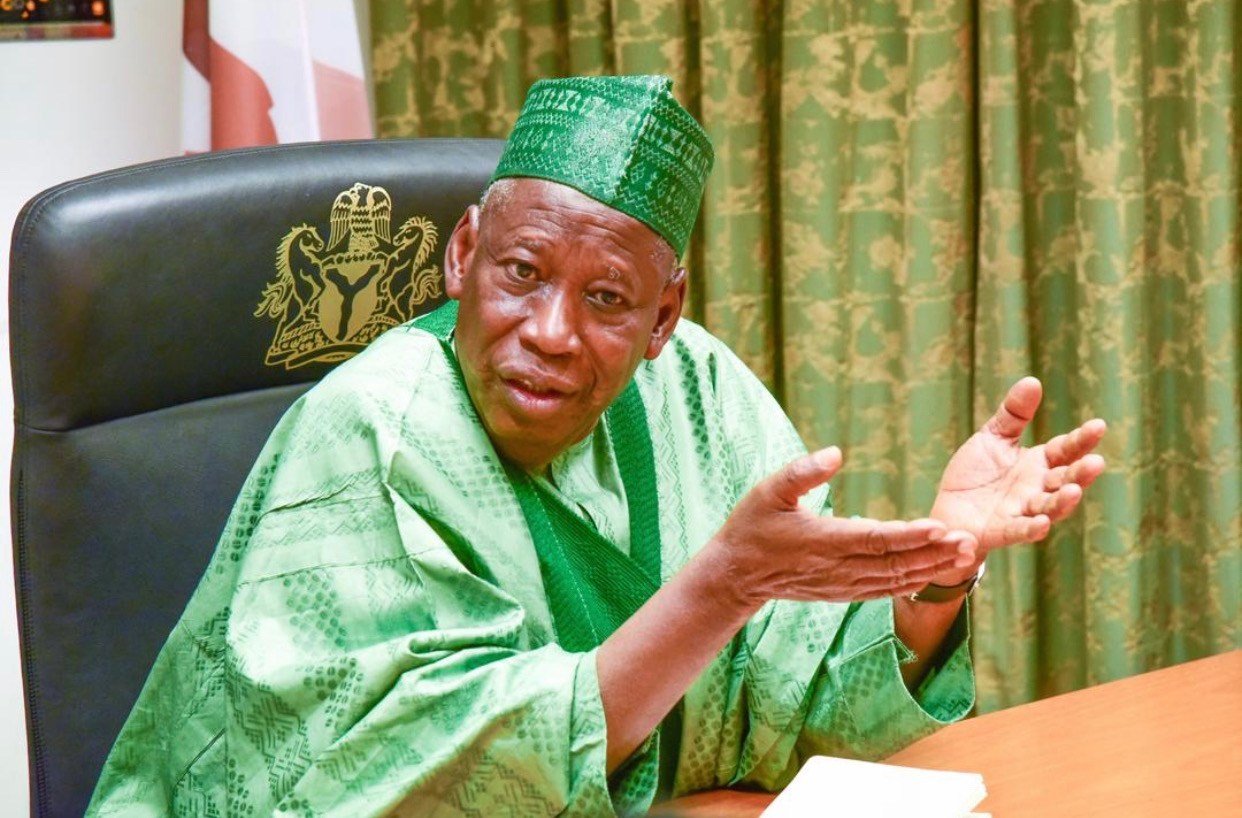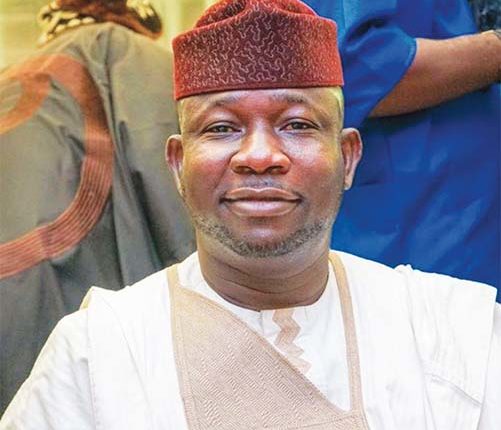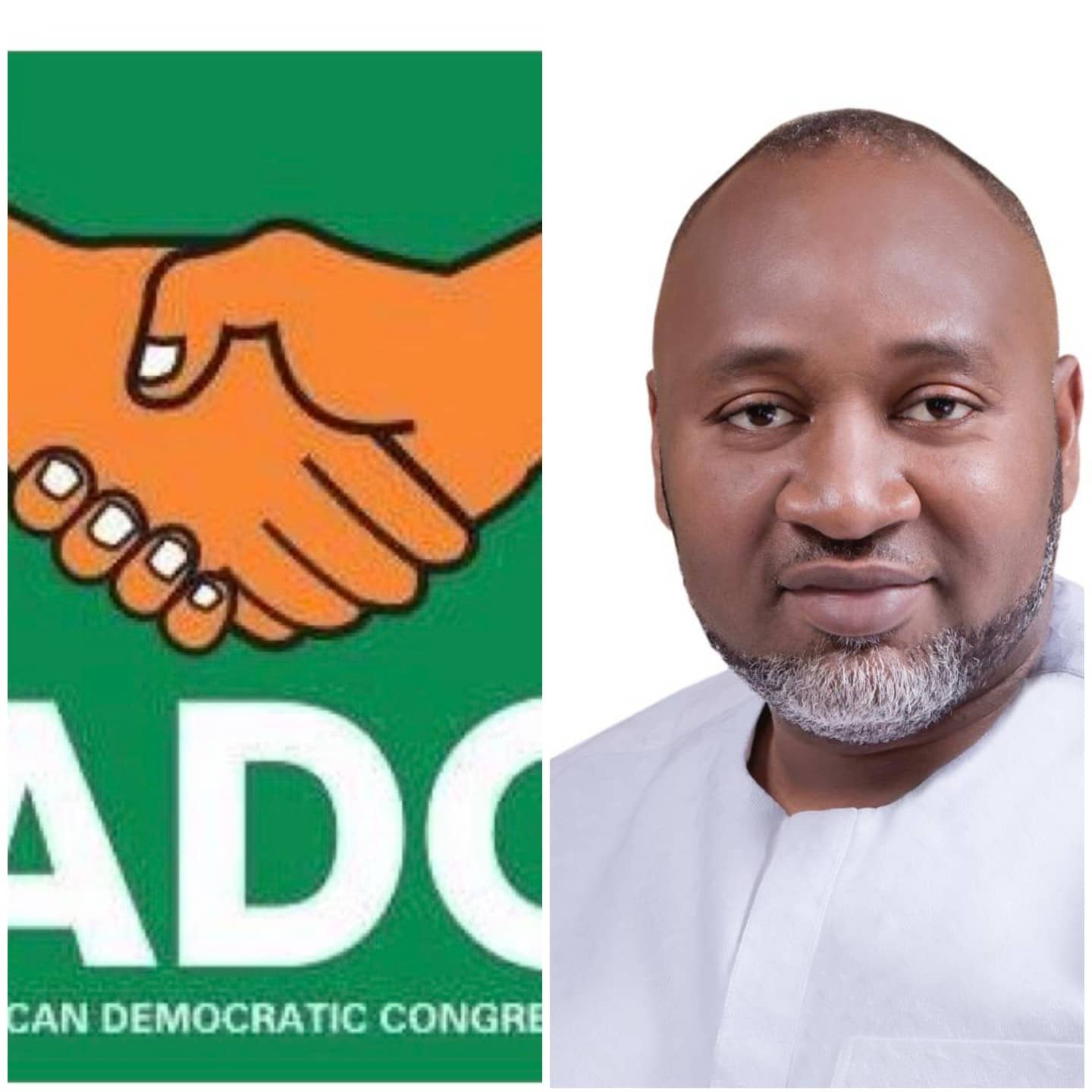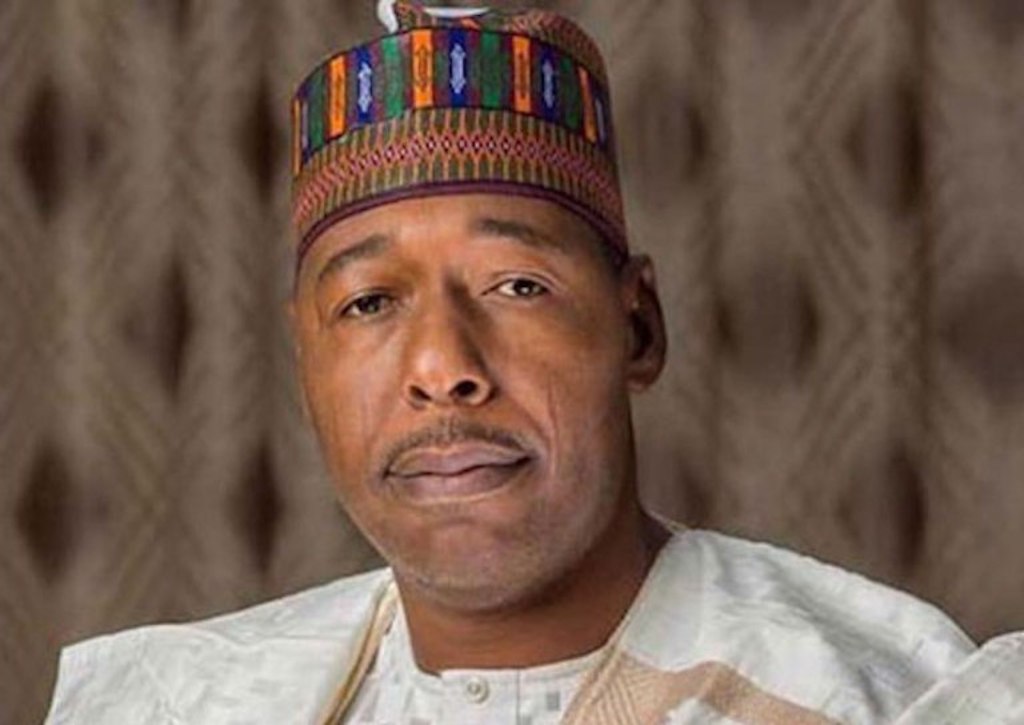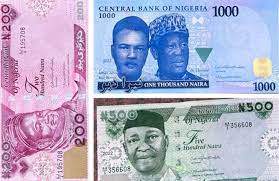Some residents of Ibadan have decried the persistent cash scarcity, even amidst banks and Point of Sales (PoS) operators are trading blames over the situation.
Describing their experiences in separate interviews in Ibadan on Sunday, the residents said not so much had changed from what the situation was the last yuletide.
Some banks in Ibadan still have their limits on the amount of cash customers can withdraw from Automated Teller Machines (ATMs), even long after the festive season.
Describing his experience, an entrepreneur, Mr John Alamu, said things were just a little bit better than they used to be during the Christmas period.
He noted that customers could only withdraw a maximum of N10,000 at some ATM points while many ATMs were empty.
“You will just see that you are moving from one point to another, looking for a working ATM to collect your money.
“The condition is still not pleasant, and this has forced many people to be patronising PoS operators,” Alamu said.
A food vendor, Mrs Taiye Adeolu, said she now kept her cash to herself and was no longer saving in the bank because getting cash to use for business had remained difficult.
“I go to the ATMs to get little amount of money, which is way below what I need to run my business.
“Imagine that you need N100,000 and you’re told you cannot get more than N5,000 or N10,000.
“The banks are just gaining from innocent Nigerians who are labouring tirelessly to feed themselves,” she said.
A businessman, Mr Mayowa Oluyinka, however, said he had devised a means out of the situation by patronising filling stations instead of bothering himself going to ATM points.
Oluyinka said in a generalised term that ATMs were no longer functioning, as those with money in the past no longer served their purposes.
A civil servant, Mr Olawale Alabi, lamented how frustrated he was having to move from one ATM point to another only to discover that he could only withdraw N1,000 from the last machine he got to.
Alabi wondered why Nigerians must be subjected to so much stress from the banks while PoS operators always had cash to trade with.
Speaking on condition of anonymity, two bank officials, however, said the PoS operators should be held responsible for the scarcity.
One of the officials alleged that some of the operators had multiple accounts and ATM cards, thus moving from one point to another to withdraw all the cash meant for everyone.
“It is even better that Nigerians are crying out because the problem does not lie with the banks.
“Banks have to place limits on withdrawals to curb the activities of PoS operators who empty ATMs and also withdraw via the counters,” the official said.
The official said that the practice was for banks with enough cash to circulate to others in the same area, but that the situation had changed.
“The banks distributing the cash to other banks would first protect their own interest and those of their customers and thus release few cash to other banks,” the official said.
The other bank official said cash was in short supply during the festive period because many people were stacking cash at home, leaving the banks with very few currencies to serve others.
“There is a limit to cash supply. Cash must not be in excess and it must not be in short supply. CBN has a ratio of the cash it must keep but what is happening in Nigeria is peculiar.
“When the CBN releases money, lots of people hoard the cash, which is called cash hoarding. While some do so out of fear, others do it political reasons.
“Nigerians have a Korean cash mentality. So you will be surprised that some of them have cash stacked in their houses.
“CBN is saying we have printed our quota, but where is the cash? So, it is not the CBN’s fault and neither is is the banks’ fault too,” the official said.
The official said ATMs were supposed to run 24 hours but PoS operators move from one ATM point to another, withdrawing to the very last naira note.
“So, when you and I come, we don’t see cash,” said the official.
To mitigate the situation, the bank official said that banks had to set limits to what can be withdrawn per day, in cash and from individuals’ accounts.
“By this, your card and account are tied to a limit.
“But what do the PoS operators do? They open multiple accounts and have multiple cards,” said the official.
The official further revealed that traders in markets and PoS operators now have a kind of partnership through which they exchange cash.
“The market woman no longer brings lots of cash to the bank. A PoS operator simply goes to the market every evening to take up all the cash she has.
“Then in the morning, the market woman turns to the PoS operator for cash or sends her customers to use the PoS nearby to get cash for their trading activities.
“This is how cash is not even entering the banking system. That is why we don’t have issues like in 2023 because the market now self-regulates itself,” said the official.
The banker advised Nigerians to do more electronic transfers, use more cards and depend less on cash.
“Even in UK, you don’t go around with £5,000 or even £1,000 cash. But in Nigeria, going home on a weekend, you want to go with N50,000 or N100,000 cash as a backup. What are you afraid of?
“I think the more people embrace the cashless policy, the better we get used to the fact that you can do transfer and it will go. And if have a dispensing error, it will definitely be reversed,” he said.
On excessive bank charges, he said the public had failed to understand the workings behind what he called a structural maintenance charge for banks and a system maintenance charge.
“For you to operate those operational expenses, go into your books. The fact that your account is on goes into your books, while the cost of diesel also goes into your books.
“Customers want to come to the bank and see that everything is working. They want to see smiling bank staffers. Where do we get the money from?” the bank official queried.
Also, the National Secretary, Association of PoS Users in Nigeria (APOSUN), Mr Isah Zakari, said there were lots of factors causing cash shortage.
While heaping the blames on commercial banks, he, however, absolved PoS operators.
Zakari said in December 2023, the banks reduced the amount of cash withdrawals for their agents.
“The truth is, many PoS outlets are owned by bankers and what they do is to remove the money that is supposed to circulate within the banks for customers to cash, turning it to their PoS outlets.
“This is with the thinking that the country will stop the use of the old naira notes.
“As an individual, let me not speak as a PoS operator, If I need N50,000, I have to go to the ATM to withdraw and when I go to the bank, I also have the right to withdraw. It is my right because I paid the money there.
“So now, the PoS operator wants to use money in the bank, but he does not get it. At ATM points, limits on withdrawals have been placed; he cannot get more than N10,000 or N20,000.
“Our members have been complaining, especially in Zamfara and Kano, saying the only amount of money they can withdraw is N10,000,” he said.
Zakari noted that their investigation revealed that bankers normally sell money to PoS operators, adding that the entire thing could be tied to the neck of dubious bank managers.
According to him, in addition to the naira shortage in Nigeria, Niger Republic is short of their currencies, thereby using naira as their alternative currency.
“This may go on until when the country (Niger) fully secure its autonomy from France,” he said.
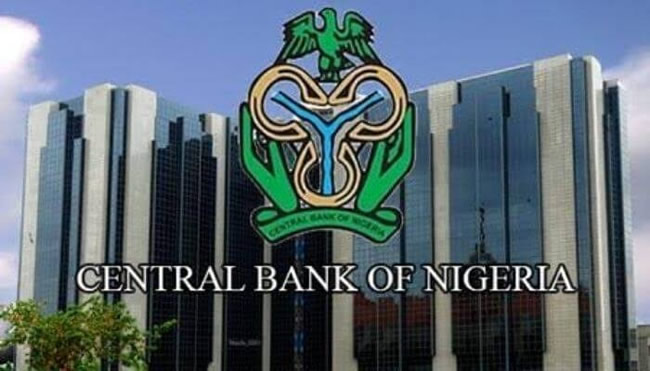
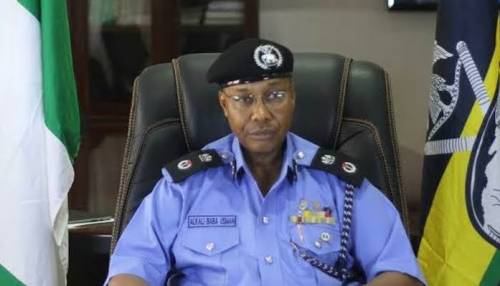
![[Just In] Naira swap: Supreme Court adjourns judgement to March 3](https://thenewsguru.ng/wp-content/uploads/2023/02/Supreme-Court.jpeg)
